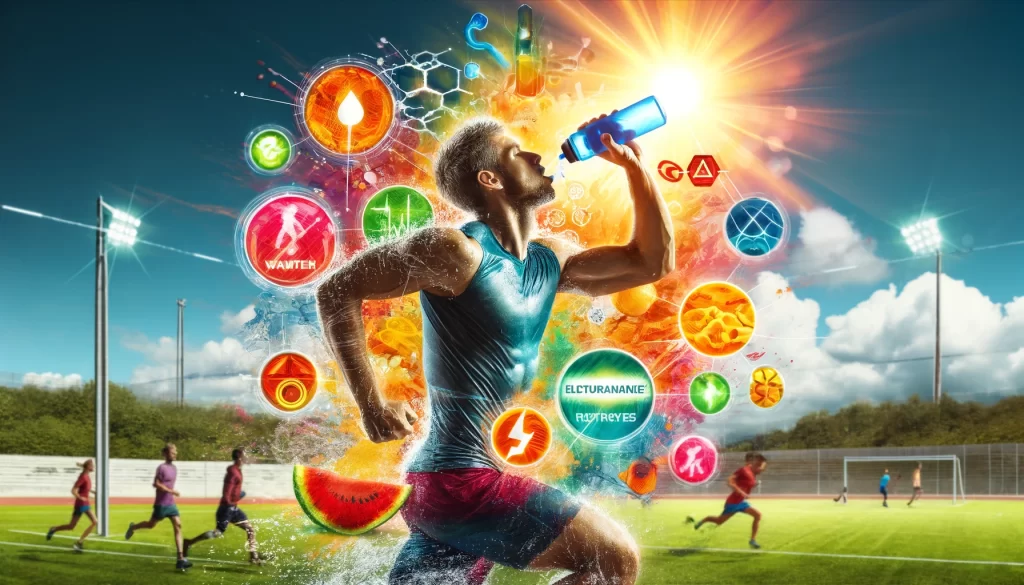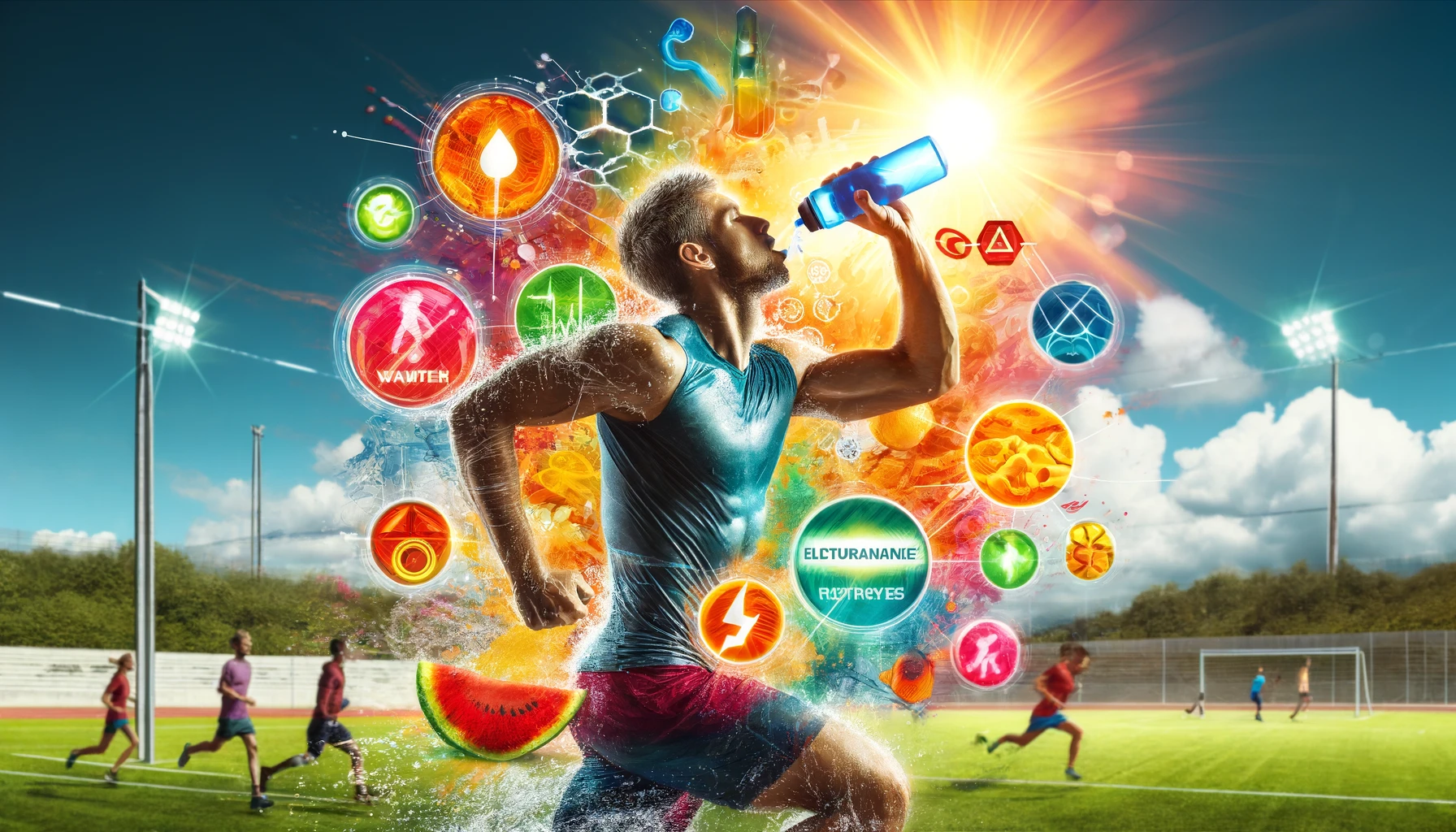
Hydration is crucial. It’s not just about quenching your thirst. For athletes, proper hydration can mean the difference between winning and losing. Let’s dive into why staying hydrated is vital for peak performance and how you can keep your hydration levels in check.
Understanding Hydration
Hydration involves maintaining the right balance of fluids in your body. Your body is about 60% water, and this water plays a key role in almost every bodily function. From regulating body temperature to lubricating joints and transporting nutrients, water is essential.
How Dehydration Affects Athletic Performance
Dehydration can seriously hinder your performance. Physically, it can reduce your endurance, strength, and coordination. You might feel more tired and less able to perform at your best. Mentally, dehydration can reduce your concentration and alertness, making even simple tasks feel more challenging.
Signs and Symptoms of Dehydration
Recognizing dehydration early can prevent serious issues. Common signs include thirst, dry mouth, dark urine, dizziness, and headaches. Severe symptoms like a rapid heartbeat, confusion, and fainting require immediate attention.
Best Practices for Staying Hydrated
Pre-exercise hydration: Drink about 16-20 ounces of water two hours before you exercise. This ensures your body is well-hydrated before you start.
During exercise: Sip on water throughout your workout. For activities longer than an hour, consider a sports drink to replace lost electrolytes.
Post-exercise hydration: Rehydrate with water or a sports drink. Drink about 16-24 ounces for every pound of body weight lost during exercise.
Hydration Strategies for Different Sports
Endurance sports: Long-distance runners and cyclists need to focus on both water and electrolytes. Drinking small amounts regularly can keep you hydrated without causing stomach issues.
Team sports: Players in sports like soccer and basketball should hydrate during breaks and halftime. Individual hydration plans can help meet each player’s needs.
Strength and power sports: Weightlifters and sprinters need to balance hydration with performance. Drinking water before and after short, intense workouts is key.
Practical Tips for Maintaining Optimal Hydration
Aim for about 8-10 cups of water a day, but adjust based on your activity level and climate. Eating water-rich foods like fruits and vegetables can also help keep you hydrated. Using hydration tools like apps or hydration packs can remind you to drink regularly.
Common Hydration Myths Debunked
Myth: Only water is necessary for hydration. Fact: While water is crucial, sports drinks can help replace electrolytes lost during intense exercise.
Myth: Thirst is the only indicator of dehydration. Fact: By the time you’re thirsty, you may already be dehydrated. Monitor your fluid intake proactively.
Myth: Overhydration is not a concern for athletes. Fact: Drinking too much water can lead to hyponatremia, a dangerous drop in blood sodium levels. Balance is key.
Conclusion
Hydration is essential for athletes. Proper fluid intake can enhance performance, prevent injury, and improve recovery. By following the tips and strategies outlined above, you can stay hydrated and perform at your best.
Share your hydration strategies and experiences in the comments. For more tips on sports nutrition and performance, subscribe to our blog and stay updated with the latest advice and insights.

